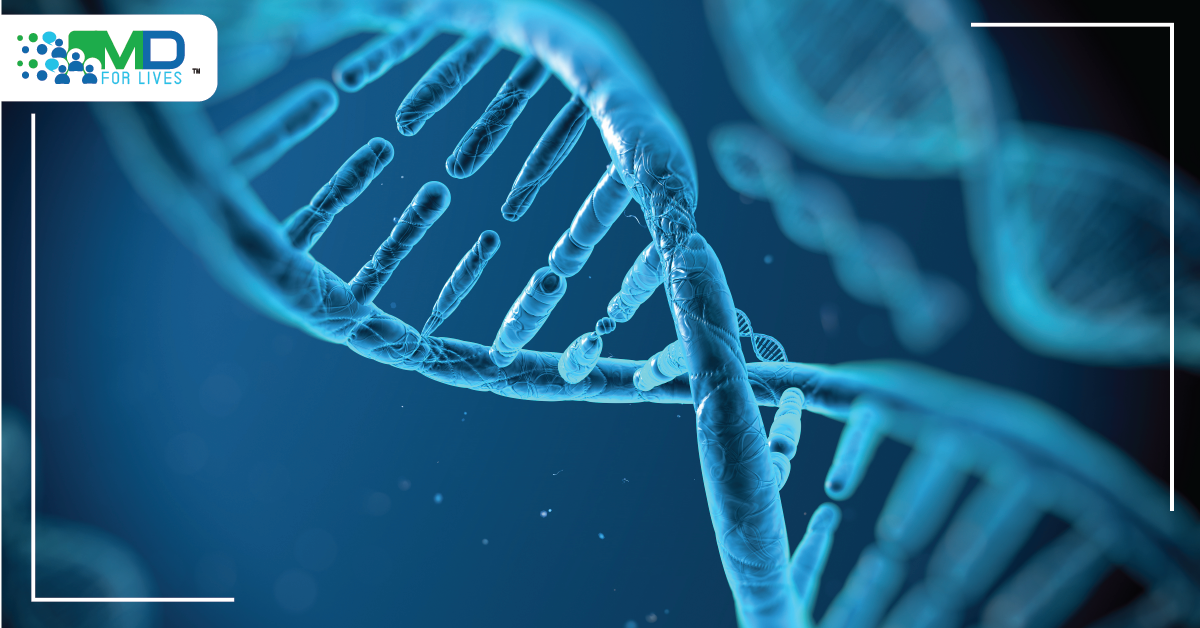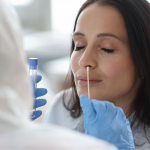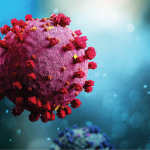Some patients with a suspected rare genetic disease go without a diagnosis for years or even throughout a lifetime. In recent years, teams of genomic “detectives” have been trying to find answers for these patients. Centers in the US and around the world conduct whole-genome sequencing to try to find genetic causes underlying these patients’ disorders. The 100,000 Genomes Project is a UK effort to sequence the whole genomes of 100,000 National Health Service (NHS) patients in order to promote medical discovery as well as help individual patients. The project is focusing on the genetic bases of cancer and rare diseases. On November 11, 2021, a 100,000 Genomes Project team published a report in the New England Journal of Medicine on the pilot phase of their genetic disease diagnosis program.
Whole-Genome Sequencing Leads to Diagnosis for Some Rare Disease
The team recruited 2,183 patients who were suspected to have a rare genetic disease, but whose physicians had been unable to find a diagnosis using available methods. The patients had searched for a diagnosis for a median of 75 months, and they had a median of 68 hospital visits each. The researchers then sequenced the genomes of each patient and several family members, if available.


By comparing the genomes to a database and using genome analytic techniques combined with analysis of the patients’ clinical data and medical records, the researchers made diagnoses in 25% of the rare disease patients. For some patients, the researchers strengthened their genetic disease diagnoses with further laboratory studies or computational approaches.
Notably, the approach worked especially well for intellectual disabilities, hearing and vision disorders, for which the diagnostic yield was 40-55%.
Genomics Sequencing Project Diagnosis Improved Care and New Discoveries
In some cases, having a diagnosis allowed doctors to make better management decisions for the patients, and some of the newly diagnosed patients were able to benefit from available treatment. One child was treated with thyroxine tablets once a mutation affecting thyroid hormone response was identified as the cause of his symptoms. In another case, a 1-week-old infant whose older brother had died from an unknown disorder was able to be treated with hydroxocobalamin injections after the team identified a genetic disorder of vitamin B12 metabolism that both brothers shared.
The team’s effort also led to the discovery of 22 previously unknown genes that are likely to be associated with specific hereditary disorders. Mutations in three of these genes were confirmed by outside studies to be linked to inherited disorders: SORD to a form of Charcot–Marie–Tooth disease, UBAP1 to hereditary spastic paraplegia, and FOXJ1 to non-cystic fibrosis bronchiectasis.
Future Plans of the 100,000 Genomes Project
The project team plans to expand whole-genome sequencing within the NHS, potentially making whole-genome sequencing part of the mainstream diagnostic process for certain rare disease types. This work is also likely to aid in rare disease research.
Cancer genomics is another key focus of the project. Whole-genome sequencing of tumor cells is helping researchers understand the spectrum of mutations present in tumors. In sarcomas and some leukemias, whole-genome studies can also help direct treatment. The cancer team has had to overcome major challenges, including the difficulty of collecting and maintaining tumor samples without degrading the DNA they contain.
Other Clinical Genomics Sequencing Projects
Currently, most whole-genome sequencing for rare disease diagnosis is performed within research studies, as the technique has not yet become available for most clinicians. In the US, the National Institutes of Health-funded Undiagnosed Diseases Network includes 12 clinical sites across the country and several associated laboratories; this network has evaluated over 1,700 patients with unknown rare diseases, leading to over 500 diagnoses. Growing efforts are also bringing whole-genome sequencing to rare disease patients in multiple countries including Canada and Mexico.
Also read
Gene Therapy Transforming Neuropharmacology






